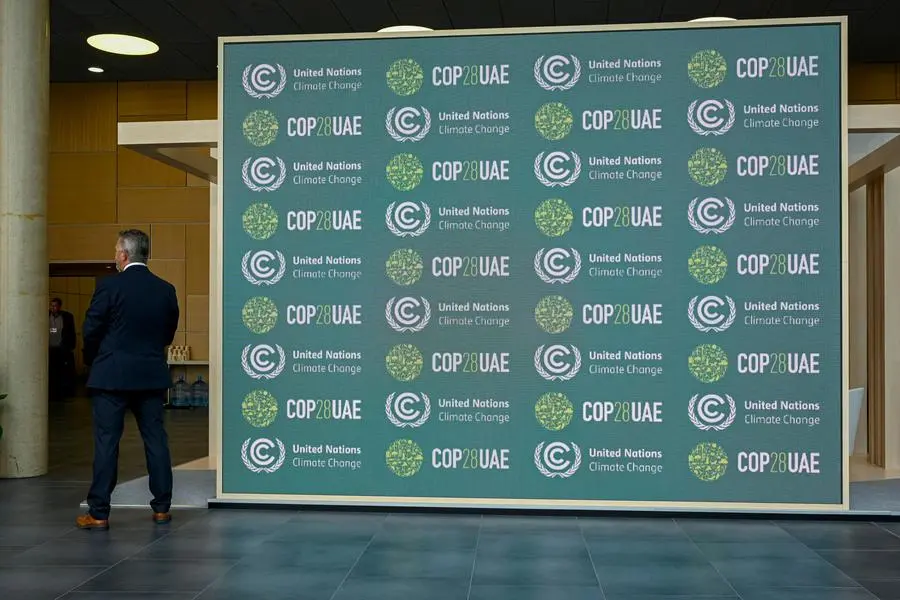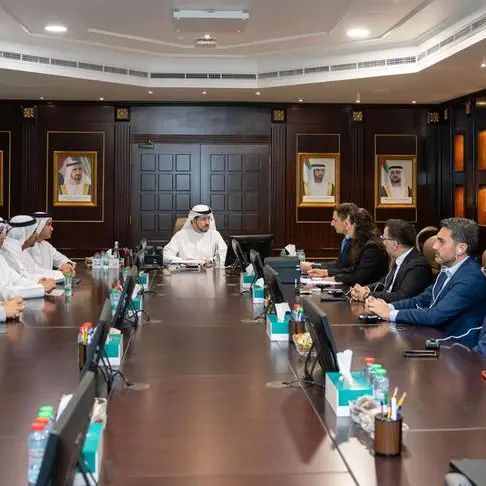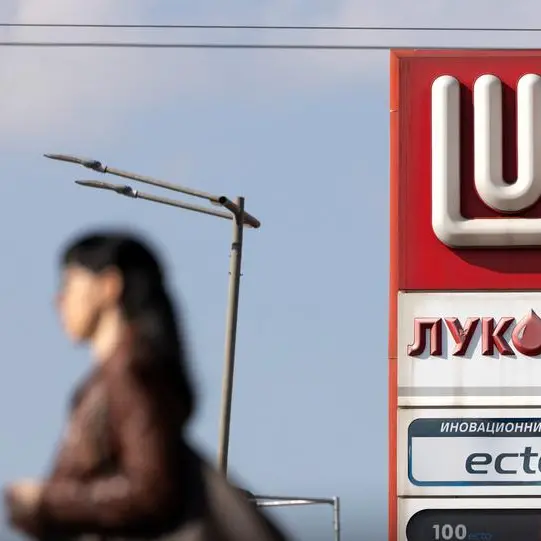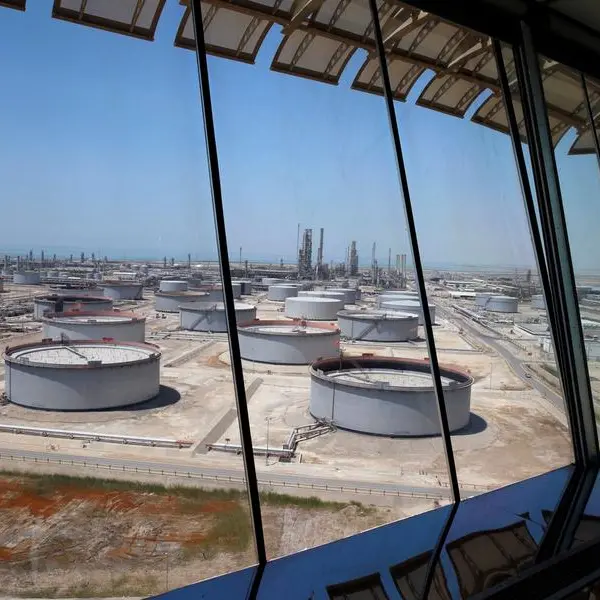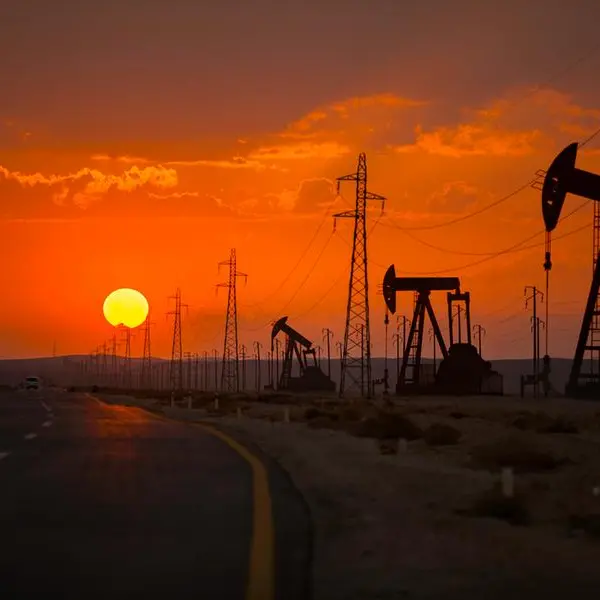PHOTO
The final journey to COP28 has commenced with a 30-day countdown that will lead to one of the most important climate summits the world has ever seen.
COP28 will take place from November 30 until December 12 at Expo City Dubai. This gathering of governments, policymakers and thought leaders will carry the collective weight of a world facing a climate catastrophe, with the hope that the summit will bring forth solutions that will help course-correct to keep 1.5°C within reach and enhance global resilience.
With themed programming, sustainable initiatives, a focus on climate finance, and the anticipated arrival of world and religious leaders, here’s what to expect at COP28 this year.
Four pillars
The COP28 Presidency has set out four key pillars to deliver the necessary course correction. Those include fast tracking a just, orderly, and equitable energy transition; fixing climate finance; focusing on people, lives and livelihoods; and underpinning everything with full inclusivity.
Themed events
COP28 will have themed days, focusing on key sectors that will play a role in climate change. On December 1 and 2, the World Climate Action Summit will convene governments and policymakers to discuss plans at offsetting carbon emissions. December 3 will focus on health to boost policies and investments that protect lives and livelihoods.
The following day will focus on finance and trade, looking at improving access and enhancing affordability. December 5 will focus on energy and industry, looking for pathways for rapid decarbonisation, job growth, and a just transition. December 6 will look at urbanisation and exploring how greener mobility systems can be designed to adapt to climate change.
After a day of rest, December 8 will seek to empower children and youth to shape the outcomes of COP28, followed by a day on delivering climate and nature co-benefits. On December 10, food, agriculture, and water will see plans to scale up regenerative agriculture that supports habitat restoration and increases food security. The last two days will focus on the final negotiations.
Global Stocktake
As mandated by the Paris Climate Agreement, COP28 UAE will deliver the first ever Global Stocktake – a comprehensive evaluation of progress against climate goals. Speaking in Beijing in September, COP28 President-Designate, Sultan Al Jaber, highlighted the importance of this climate summit, saying: “We know the size of the problem. The numbers are straightforward: 22 gigatons. That’s the amount of greenhouse gas emissions we need to cut in the next seven years to keep 1.5C within reach.”
Pope’s arrival
According to a news report by French daily La Croix International, Pope Francis is confirmed to travel to Dubai to attend the upcoming UN climate summit, citing unnamed senior Vatican sources. The pope’s participation at COP28 has been highly anticipated following an October 11 meeting at the Vatican with Al Jaber, with Reuters reporting a possible trip in the offing. The COP28 President-Designate met with the head of the Catholic Church to discuss the crucial role of faith leaders in advancing the climate agenda.
Inclusivity is key
COP28 Presidency has collaborated with the Vatican, The Muslim Council of Elders, and The United Nations Environment Program to ensure inclusivity in the COP process by integrating faith organisations into climate discussions. Additionally, the COP28 Presidency will also co-host a Faith Pavilion at COP28, marking the first-ever pavilion of its kind at a COP event, which will host panels with religious leaders, scientists, and political leaders, as well as encourage intergenerational dialogue involving young faith leaders and indigenous representatives.
Business and Philanthropy forum
The inaugural COP28 Business & Philanthropy Climate Forum, hosted by the COP28 Presidency on December 1 and 2, will run parallel with the climate summit. The forum will convene 500 business and philanthropy leaders alongside policymakers to accelerate solutions. This multi-stakeholder engagement strategy will coordinate on how the private sector can address the financing gap of over $3 trillion required annually to achieve net-zero emissions.
Health in focus
Speaking at the United Nations General Assembly in September, Al Jaber vowed that COP28 will put health at the centre of climate discussions and mobilise investment for equitable, climate-resilient health systems. According to the World Health Organisation, air pollution alone leads to seven million excess deaths annually and that vector-borne diseases, such as malaria, are expanding their reach due to rising temperatures and changing weather patterns. Alongside this growing threat, the COP28 Health Day – scheduled for December 3 - will also consider the fragility of public health systems worldwide, as exposed by the COVID-19 pandemic, and a need for transformative changes.
Citywide agenda
While Expo City Dubai will be ground zero for the climate summit, the Dubai International Financial Centre (DIFC), in partnership with UK-based Global Ethical Finance Initiative (GEFI), will also hold a series of events during COP28. On December 4, bankers, asset managers, and stakeholders will discuss financing survival in the face of climate challenges. The spotlight will be on the Islamic finance industry on December 5. The ‘Unlocking Islamic Finance at COP28’ event will delve into how Shariah-compliant finance represents an untapped pool of capital to address climate change. On December 6 and 7, the DIFC Academy-hosted SDG Hive will feature a programme that will convene stakeholders to drive private capital towards achieving the UN Sustainable Development Goals.
Sustainable Catering
A sustainable catering strategy, which has not been implemented at a COP before, has committed to deliver a two-thirds plant-based menu at the climate summit, with a plan to limit the carbon and water intensity of food served and ensure a focus on nutrition, portion sizes, affordability and minimising waste. Separately, a coalition of NGOs will set up a Food4Climate Pavilion at the summit, which will be dedicated to both alternative proteins and a food system change, along with tackling the overconsumption of meat.
(Reporting by Bindu Rai, editing by Seban Scaria)
